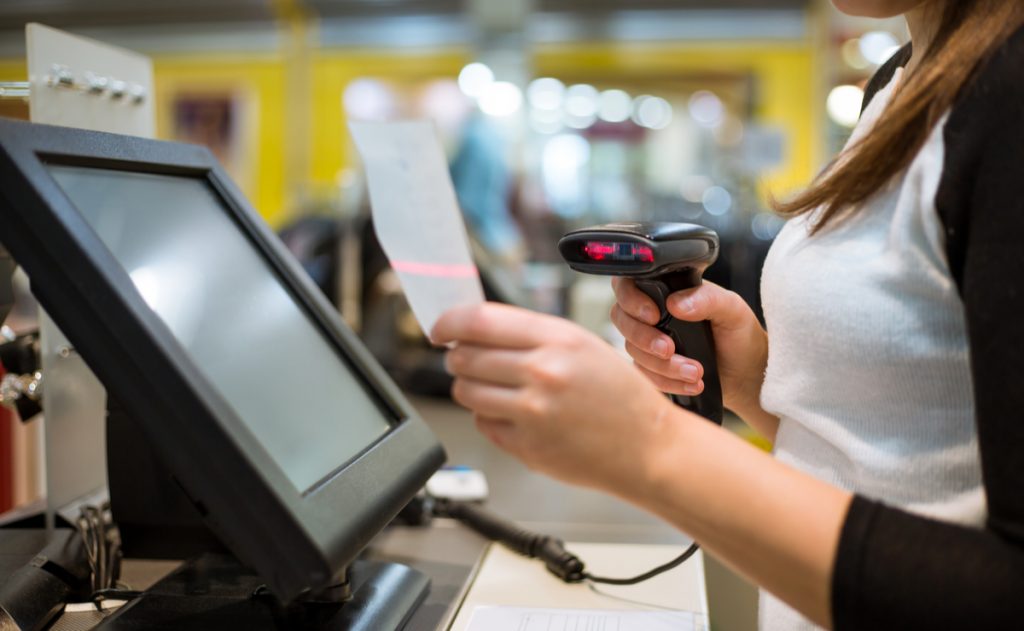POS stands for “Point of Sale” systems. The point of sale in simple terms is nothing but when the customer makes a purchase online or in a store and attempts to make a payment for the purchase he made. Initially, when people were not familiar with the digital world, everything would happen offline. After the customer has made a purchase, shopkeepers would use cash registers to maintain the sale entries. But, now as digital technology is on the boom, everything is done with the help of digital devices, which makes the process faster, simpler, and more efficient.
How does the POS system work?
After purchasing in a physical store, a customer uses a barcode scanner to obtain the product’s price and make a payment. The POS point appears in the case of online shopping after the customer adds items to the cart and proceeds to the checkout. Following checkout, the POS system computes the price of the items, including tax, and displays the final price of the product. Finally, the customer selects the preferred payment method, and the POS transaction is completed.
POS forms the core of all those businesses that sell the product online or in person. POS system comprises hardware and software that allows businesses to track their sales data and allow easy transactions. A POS system can provide a comprehensive overview of your company’s growth and performance. POS systems eliminate paperwork and are completely automated. Businesses can now fully rely on POS systems for accounting and inventory-related activities, as an effective POS system handles everything and frees up the business owner’s time to focus on customer satisfaction.
A reliable POS system can help businesses with inventory management by alerting them when stock is running low; as a result, retailers can now be well prepared in advance about their stock status and get a complete idea about when to purchase a stock. A POS with an inventory management system reduces process delays and allows businesses to meet product delivery deadlines.
Any company’s ultimate goal is to satisfy its customers. That is where the POS system comes in. It offers customers a variety of payment methods from which to choose. Visa cards, master cards, android pay, and other payment methods are available through POS. Customers are more likely to shop where they can choose their payment method. This is possible with POS, and as a result, you will have satisfied customers.
With a good POS system’s real-time data access feature, businesses can work smarter. Retailers can now receive real-time sales updates at any time. Because POS systems can be integrated with other systems, they can provide a comprehensive real-time sales metric.
A mobile POS system can be extremely beneficial to businesses. With their distinct features, mobile POS systems assist businesses in expanding their reach. It removes the barrier of conducting business in a physical store and enables them to conduct business in multiple locations by accepting transactions remotely. A cloud-based POS system allows you to access business data from anywhere, at any time.
Summary: A reliable POS system in place can improve business management, open doors to new opportunities, and contribute to business growth. So, now it is high time for businesses to act smart by implementing a proper POS system.
